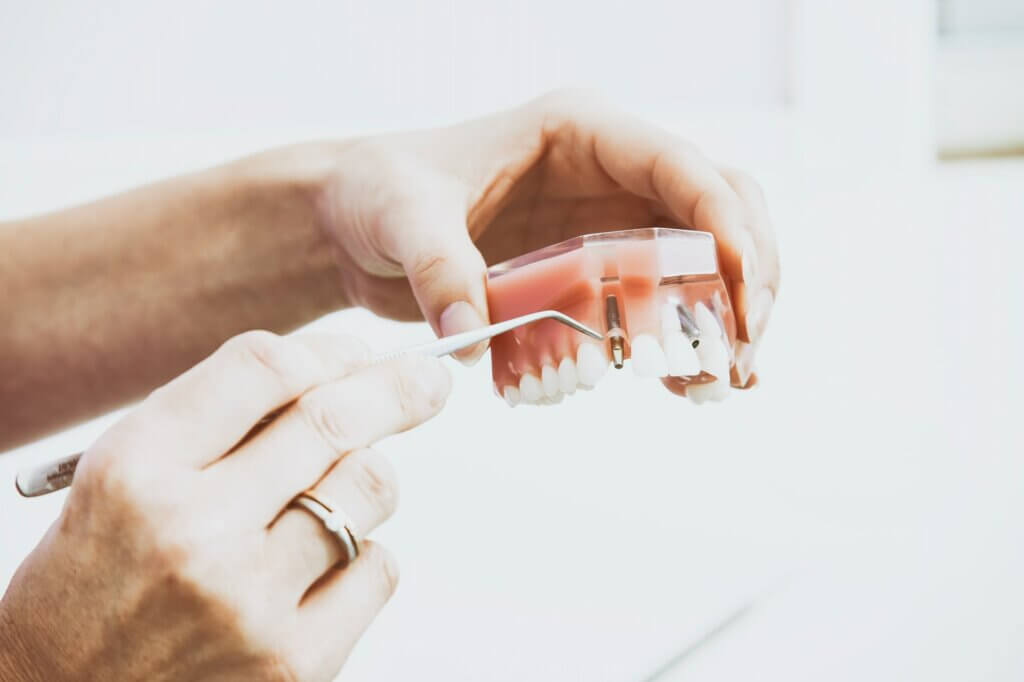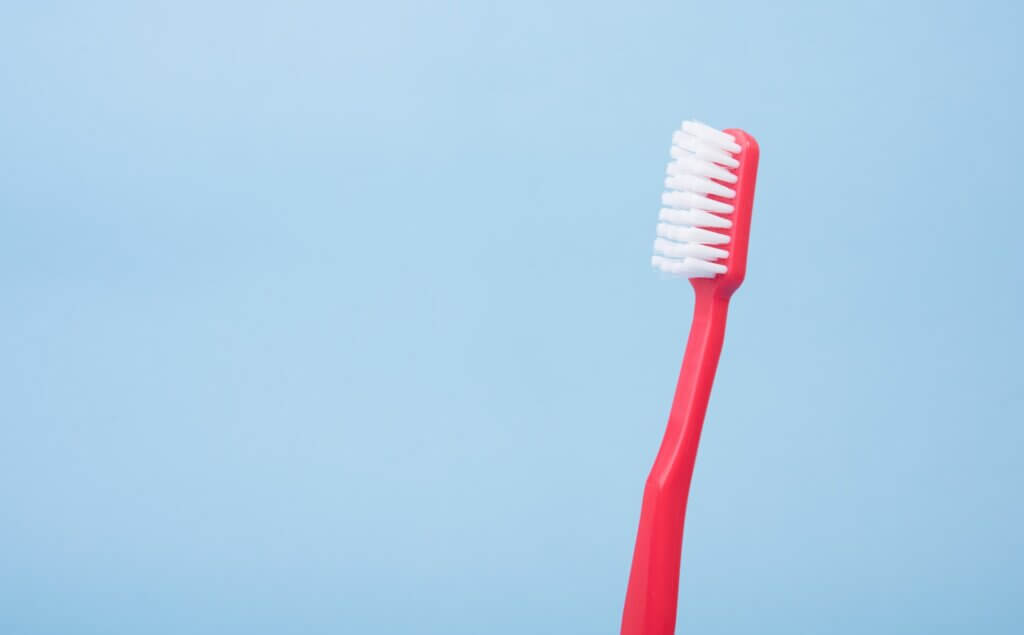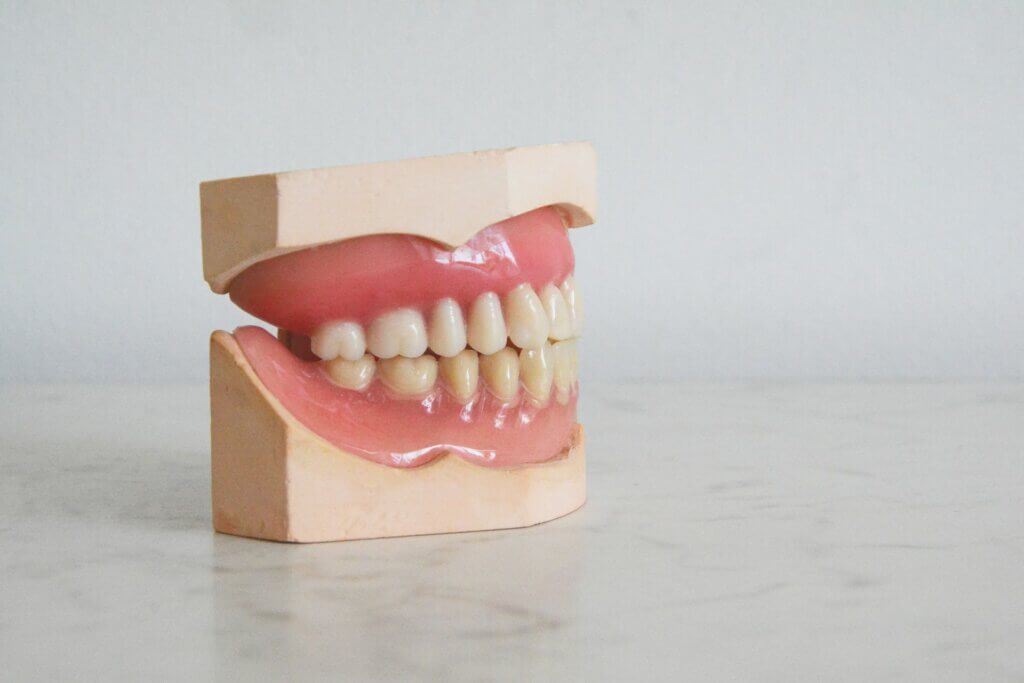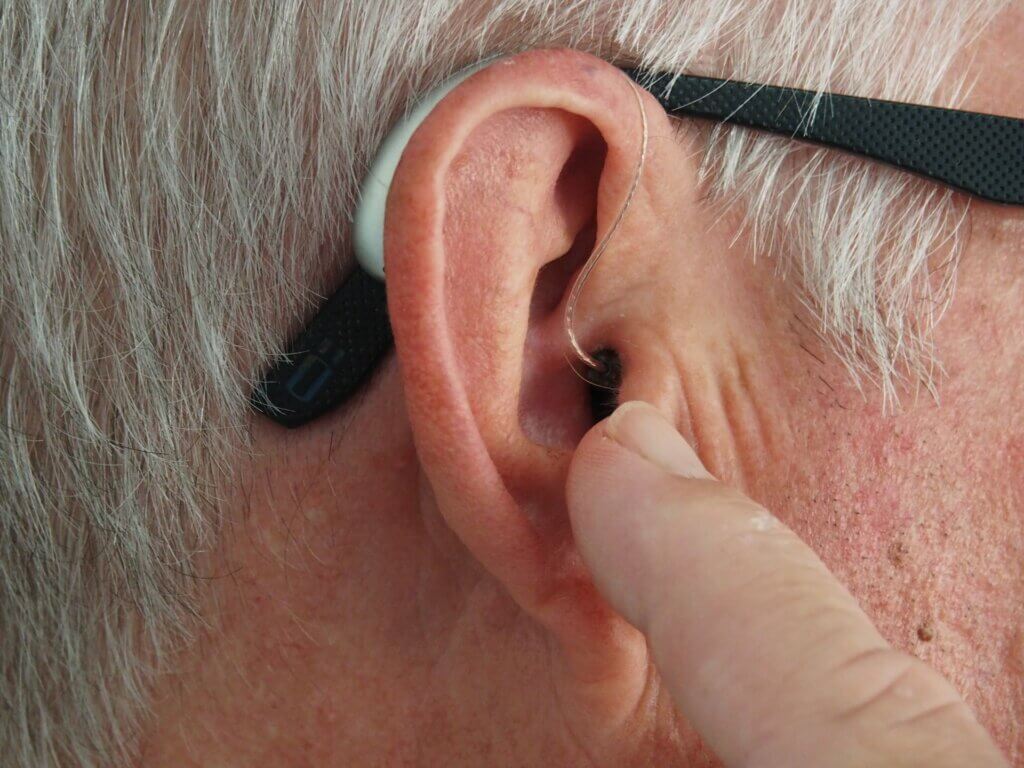According to the American Dental Association, nearly five million dental implants are executed in the U.S every year. People have opted for dental implants for a large number of benefits it brings.
One of the reasons for its popularity is that dental implants are a better alternative to wearing removable dentures. Moreover, they prevent jawbone loss, function like natural teeth, improve your smile. Most importantly, unlike other replacements (bridges or crowns) it can last for a lifetime. However, you do need to take proper care of them to make them last for a lifetime. Here are a few quick tips that will guide you to take care of them.

Guide for dental implants care
- Brush your teeth at least twice a day. You can preferably use a soft-nylon toothbrush. However, you can use a soft electric toothbrush as well to remove bacteria more effectively. Brushing for two full minutes is always recommended.
- Using abrasive toothpaste falls in the ‘don’t’ list. Moreover, you are recommended to avoid abrasive mouthwash, or other oral products as well.. In contrast, you are advised to use oral products that are specially formulated for dental implants so your implants do not wear down quickly.
- No smoking or alcohol consumption until after your post-operative appointment.You must refrain from smoking in particular for at least 7-14 days after surgery. However, you must ideally avoid them for the entire healing time, which can take up to 6 months.
- To minimize bacteria and plaque around the implant, you must brush under and around the dental implant crown Tip: Use a nylon-coated interdental brush as they slides between teeth and can more successfully clean hard-to-reach places.
- You must Floss daily with a water flosser (aka oral irrigator) or unwaxed tape to remove bacteria in pockets up to 6 mm deep.
- You must refrain from sticky, chewy or hard foods such as apples, chewy caramel, carrots, dried fruit, hard candies, ice, etc. as these may cause damage to dental implants (as well as your other teeth).
- Do not forget to schedule for dentist check ups and professional teeth cleanings regularly at least twice a year.
- If you have a tendency to clench your jaws (bruxism) or grind your teeth , do not hide from your dentist as bruxism can complicate treatment.Most Dentists recommends a night guard or night splint for patients with bruxism in order to protect their teeth from the force of grinding (and clenching).

Regularity is a must
As you can see, you do not need to undergo complicated processes but easy steps to care for your dental implants. Moreover, it doesn’t really differ significantly from caring for your natural teeth. However, easy steps doesn’t mean you do not have to do it regularly. On the contrary, these care tips are imperative. Even though dental implants are an extremely successful medical procedure you can easily wear them down if not taken proper care.




